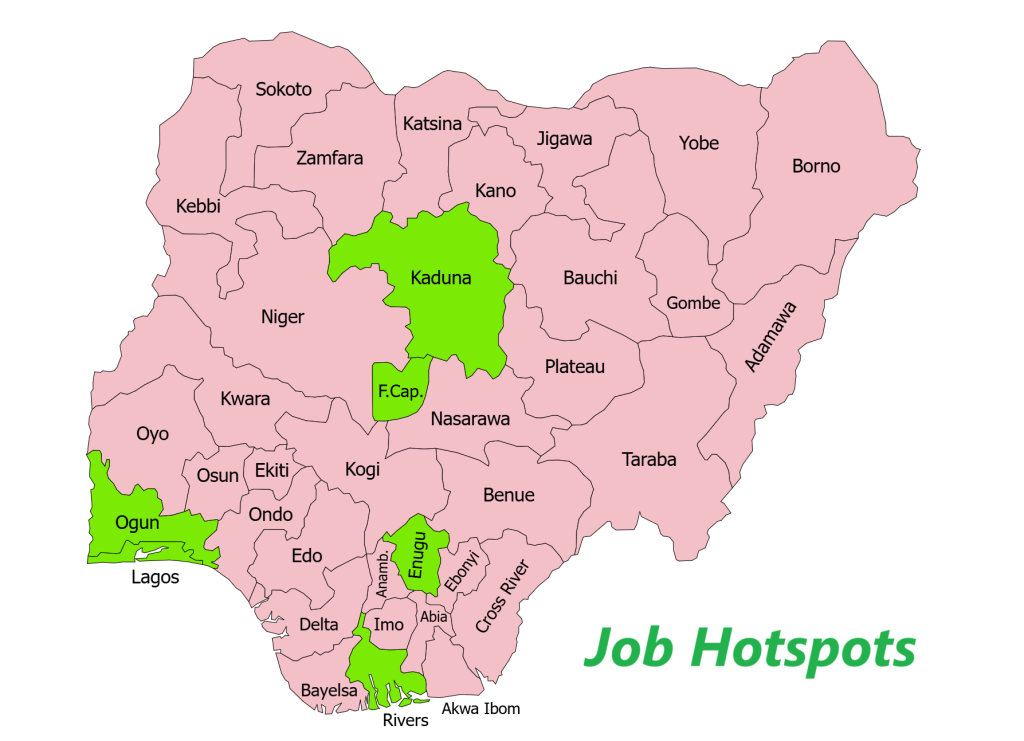Everyone is talking about Nigeria’s tech boom. New fintech startups are launching. More people are coding, building apps, or learning digital marketing. But here’s the big question:
Are there enough tech jobs to match all this growth?
Let’s take a closer look.
1. The Nigerian Tech Industry Is Still Growing
In 2025, Nigeria continues to be Africa’s startup capital, especially in sectors like:
-
Fintech (mobile payments, online banking)
-
Healthtech (digital clinics, diagnostics)
-
Edtech (online learning platforms)
-
AgriTech (farm data and supply chain apps)
Lagos, Abuja, and Port Harcourt are the main hubs, but smaller cities like Ibadan and Enugu are rising too.

2. But Tech Job Openings Are Not Growing Fast Enough
While tech businesses are increasing, available jobs aren’t growing at the same pace.
Why?
-
Many startups are still small and can’t hire big teams
-
Most hire freelancers or short-term contractors
-
Some focus on tech products, but outsource jobs abroad
This creates a gap between training and real jobs.
3. More Tech Talent Than Tech Jobs
Thousands of Nigerians are learning tech skills—coding, design, marketing—but many struggle to land their first job.
👩🏽💻 Bootcamps are producing junior developers
🎓 Many graduates have certificates, but not real-world experience
🤝 Companies want hands-on skills, not just knowledge
The result? Fierce competition for every tech job that opens.
4. Remote Work Is Helping, But It’s Not Easy
Some Nigerians are getting tech jobs with companies abroad. Platforms like Upwork, Toptal, and LinkedIn help with this.
But challenges remain:
-
Poor internet or power supply
-
Lack of experience with international clients
-
Payment and tax issues
Still, remote tech work is a good option for those who can adapt.
5. What Needs to Change?
✅ Startups: Should hire more junior talent and train them on the job
✅ Government & NGOs: Can create more internship and apprenticeship programs
✅ Tech workers: Must focus on building real projects, not just getting certificates
Nigeria’s tech industry is full of potential—but for the ecosystem to work, job creation must catch up with talent supply. Everyone has a part to play.






